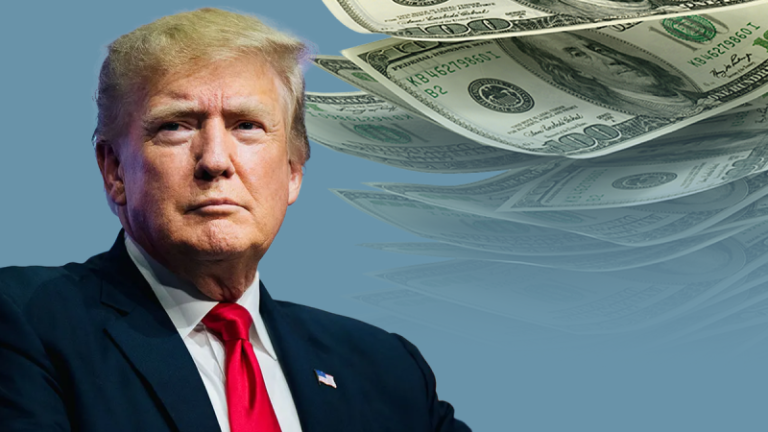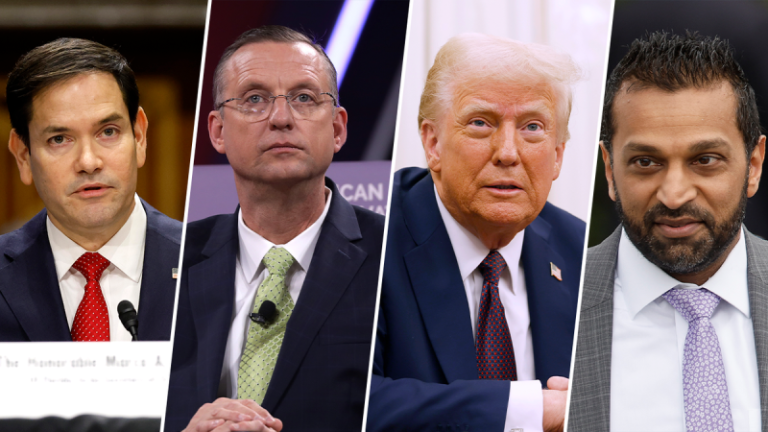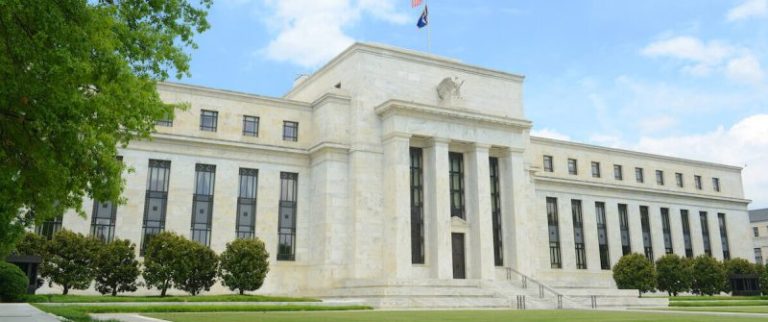NorthStar Gaming Holdings Inc. (TSXV: BET) (OTCQB: NSBBF) (‘NorthStar’ or the ‘Company’) today announces that its principal regulator, the Ontario Securities Commission, has granted its request for a management cease trade order (‘MCTO’) effective May 8, 2025.
As previously announced on April 29, 2025, the Company applied for the MCTO due to a delay in filing its annual audited financial statements, management’s discussion and analysis and related certifications for the financial year ended December 31, 2024 (the ‘Annual Filings’) which were required to be filed by April 30, 2025.
The delay is primarily due to a restatement of certain amounts owed by the Company’s payment service providers as well as player loyalty bonuses for the prior fiscal years. During the year-end reconciliation process, the Company identified that its payment processor had deducted additional merchant fees from daily remittances, which had not been properly accounted for. Specifically, service provider fees (cost of revenue) were previously understated, while the amounts due from the payment processor and accounts receivable were overstated in the financial statements for the year ended December 31, 2023.
The Company is working diligently and expeditiously to complete the Annual Filings as soon as practicable, and currently anticipates it will be in a position to file the Annual Filings on or before May 15, 2025.
The MCTO restricts the Company’s Chief Executive Officer and the Chief Financial Officer from trading in the Company’s securities but does not affect the ability of other shareholders, including the public, to trade in securities of the Company.
About NorthStar
NorthStar proudly owns and operates NorthStar Bets, a Canadian-born casino and sportsbook platform that delivers a premium, distinctly local gaming experience. Designed with high-stakes players in mind, NorthStar Bets Casino offers a curated selection of the most popular games, ensuring an elevated user experience. Our sportsbook stands out with its exclusive Sports Insights feature, seamlessly integrating betting guidance, stats, and scores, all tailored to meet the expectations of a premium audience.
As a Canadian company, NorthStar is uniquely positioned to cater to customers who seek a high-quality product and an exceptional level of personalized service, setting a new standard in the industry. NorthStar is committed to operating at the highest level of responsible gaming standards.
NorthStar is listed in Canada on the TSX Venture Exchange (‘TSXV’) under the symbol ‘BET’ and in the United States on the OTCQB under the symbol ‘NSBBF’. For more information on the company, please visit: www.northstargaming.ca.
No stock exchange, securities commission or other regulatory authority has approved or disapproved the information contained herein. Neither the TSXV nor its Regulation Services Provider (as that term is defined in the policies of the TSXV) accepts responsibility for the adequacy or accuracy of this press release.
Cautionary Note Regarding Forward-Looking Information and Statements
This communication contains ‘forward-looking information’ within the meaning of applicable securities laws in Canada (‘forward-looking statements’), including without limitation, statements with respect to the following: expected performance of the Company’s business, and the timing of the release of the Company’s financial results. The foregoing is provided for the purpose of presenting information about management’s current expectations and plans relating to the future and allowing investors and others to get a better understanding of the Company’s anticipated financial position, results of operations, and operating environment. Often, but not always, forward-looking statements can be identified by the use of words such as ‘plans’, ‘expects’, ‘is expected’, ‘budget’, ‘scheduled’, ‘estimates’, ‘continues’, ‘forecasts’, ‘projects’, ‘predicts’, ‘intends’, ‘anticipates’ or ‘believes’, or variations of, or the negatives of, such words and phrases, or state that certain actions, events or results ‘may’, ‘could’, ‘would’, ‘should’, ‘might’ or ‘will’ be taken, occur or be achieved. This information involves known and unknown risks, uncertainties and other factors that may cause actual results or events to differ materially from those anticipated in such forward-looking statements. This forward-looking information is based on management’s opinions, estimates and assumptions that, while considered by NorthStar to be appropriate and reasonable as of the date of this press release, are subject to known and unknown risks, uncertainties, assumptions and other factors that may cause the actual results, levels of activity, performance, or achievements to be materially different from those expressed or implied by such forward- looking information. Such factors include, among others, the following: risks related to the Company’s business and financial position; risks associated with general economic conditions; adverse industry risks; future legislative and regulatory developments; the ability of the Company to implement its business strategies; and those factors discussed in greater detail under the ‘Risk Factors’ section of the Company’s most recent annual information form, which is available under NorthStar’s profile on SEDAR+ at www.sedarplus.ca. Many of these risks are beyond the Company’s control.
If any of these risks or uncertainties materialize, or if the opinions, estimates or assumptions underlying the forward-looking information prove incorrect, actual results or future events might vary materially from those anticipated in the forward-looking statements. Although the Company has attempted to identify important risk factors that could cause actual results to differ materially from those contained in the forward-looking statements, there may be other risk factors not presently known to the Company or that the Company presently believes are not material that could also cause actual results or future events to differ materially from those expressed in such forward-looking statements. There can be no assurance that such information will prove to be accurate, as actual results and future events could differ materially from those anticipated in such information. No forward-looking statement is a guarantee of future results. Accordingly, you should not place undue reliance on forward-looking information, which speaks only as of the date made. The forward-looking information contained in this press release represents NorthStar’s expectations as of the date specified herein, and are subject to change after such date. However, the Company disclaims any intention or obligation or undertaking to update or revise any forward-looking information whether as a result of new information, future events or otherwise, except as required under applicable securities laws.
All of the forward-looking information contained in this press release is expressly qualified by the foregoing cautionary statements.
For further information:
Company Contact:
Corey Goodman
Chief Development Officer 647-530-2387
investorrelations@northstargaming.ca
Investor Relations:
RB Milestone Group LLC (RBMG)
Northstar@rbmilestone.com
To view the source version of this press release, please visit https://www.newsfilecorp.com/release/251431
News Provided by Newsfile via QuoteMedia










